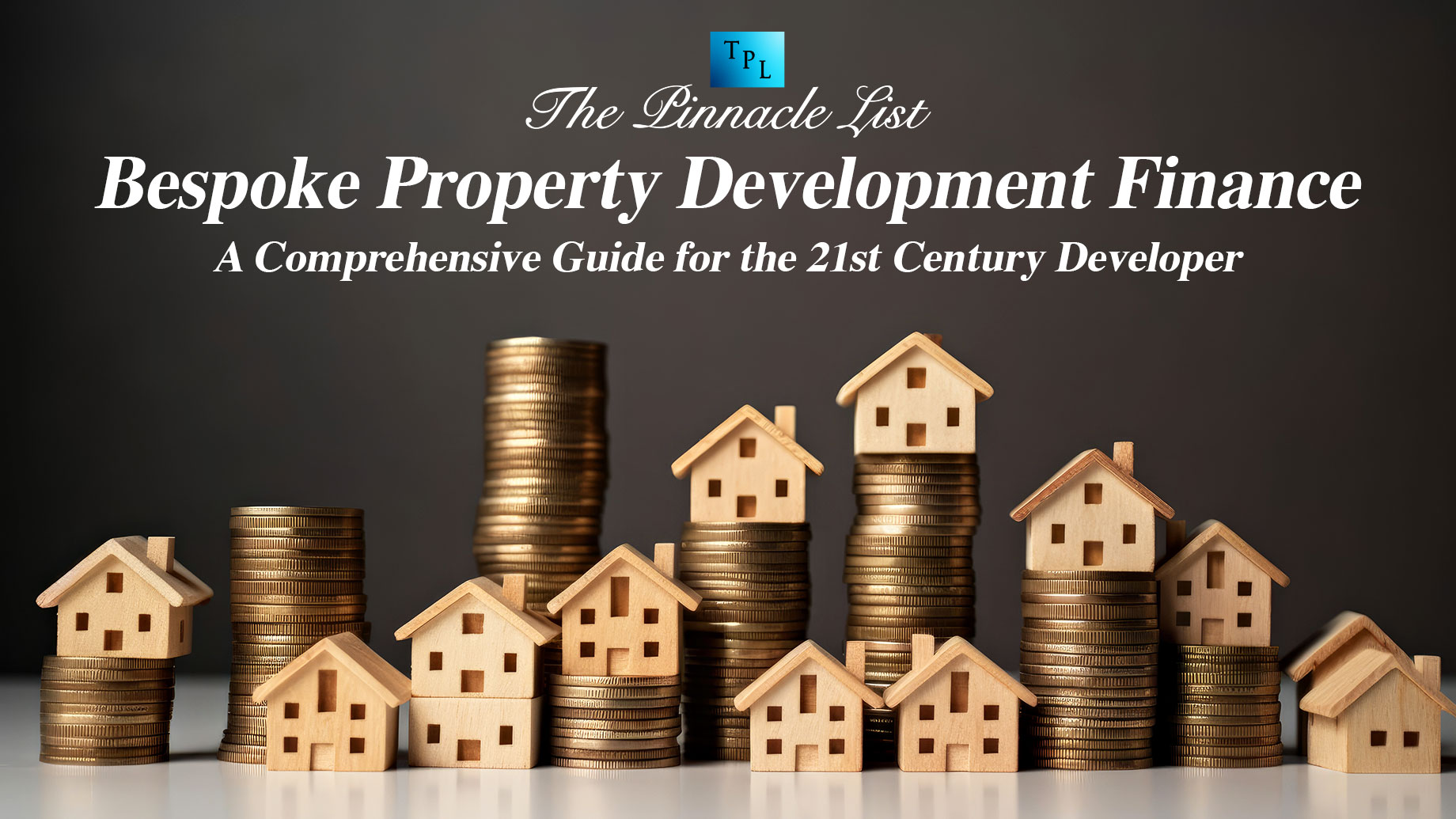
Property development is an ever-evolving industry that has become increasingly sophisticated, with complex financing options to match. For developers, understanding the nuances of property development finance is not just crucial—it’s indispensable for project success. This in-depth guide will illuminate the intricacies of property development finance, providing a clear roadmap for developers aiming to secure financing for their next big venture.
Why Bespoke Property Development Finance is Vital in Today’s Market
Understanding why bespoke property development finance is essential is the first step towards leveraging it effectively.
Market Fluidity
The real estate market is a fluid entity, ever-shifting with the ebbs and flows of economic tides. Property development finance offers the flexibility needed to adapt to these changing conditions, thereby safeguarding investment and ensuring project continuation.
Customization
Traditional loans often come with rigid conditions, but property development finance offers a more tailored approach. These financing options can be adjusted to suit various development phases, whether it’s land acquisition, construction, or sale.
Speed of Funding
In a sector where timing can make or break a deal, the relatively swift disbursement of funds is a considerable advantage. Property development finance often enables quicker access to necessary capital, allowing developers to seize opportunities as they arise.
Types of Property Development Finance
Bridging Loans
Ideal for short-term financing needs, bridging loans can cover gaps in funding, allowing developers to move quickly on time-sensitive opportunities. These loans are particularly useful when you’re waiting for a property to sell or for long-term financing to be approved.
Due to their short-term nature, they can be more expensive, but they provide invaluable liquidity that can make or break a time-sensitive deal.
Development Loans
These are long-term loans designed to cover the construction costs of a new development, often disbursed in stages in accordance with construction milestones. This staged disbursement means you don’t have to bear the full financial burden upfront, allowing better cash flow management throughout the project.
Development loans also typically have flexible terms tailored to the project’s life cycle, from land acquisition through construction and eventual sale.
Mezzanine Loans
These are secondary loans used to fill the gap between a development loan and the developer’s equity, often with higher interest rates but offering the chance for significant leverage.
Mezzanine loans are subordinate to primary development loans, meaning they are riskier for the lender but can provide significant capital with less out-of-pocket expense for the developer. They’re especially beneficial when you want to undertake a project but don’t have sufficient equity or when the primary lender’s terms are less than ideal.
Joint Ventures
In a joint venture, two parties pool their resources—be it capital, expertise, or assets—to undertake a property development project together. This collaboration allows for a sharing of risks and rewards, potentially providing access to resources that a single developer might not have.
Joint ventures also offer the opportunity for less experienced developers to partner with more seasoned players, gaining valuable experience and sharing in the financial upside of a successful project.
Steps to Securing Bespoke Property Development Finance
A strategic approach to obtaining property development finance can simplify the complex process.
Assess Your Needs
Firstly, identify what you need the funding for, be it land purchase, construction, or another phase of the development.
Consult Specialists
Working with specialist brokers or finance consultants can provide tailored advice for your unique needs. Companies like Enness Global, for example, excel at sourcing and negotiating competitive property development finance deals.
Due Diligence
Conduct thorough background checks on potential lenders. This involves scrutinising their financial stability, customer reviews, and track records in property development finance.
Negotiation and Terms
Careful negotiation can result in favourable terms that fit your financial situation and project scope. Many elements, from interest rates to loan-to-value ratios, are often negotiable.
Legal Framework
It’s crucial to have all financial and contractual arrangements clearly outlined in legal documents to avoid future conflicts and ensure the project proceeds smoothly.
Conclusion
In an era of increasing market volatility and competitive landscapes, property development finance emerges as a powerful tool for developers. It offers not just the means to fund a project but the flexibility to adapt and the speed to capitalize on opportunities.
A nuanced understanding of the various types of financing available, along with careful planning and expert consultation, can significantly facilitate the journey from project conception to completion. With avenues like bridging loans, development loans, and mezzanine finance, modern-day developers have a diverse toolkit to bring their vision to life.
By taking a strategic approach and conducting diligent research, you can navigate the complex world of property development finance and lay the foundation for a successful development venture.